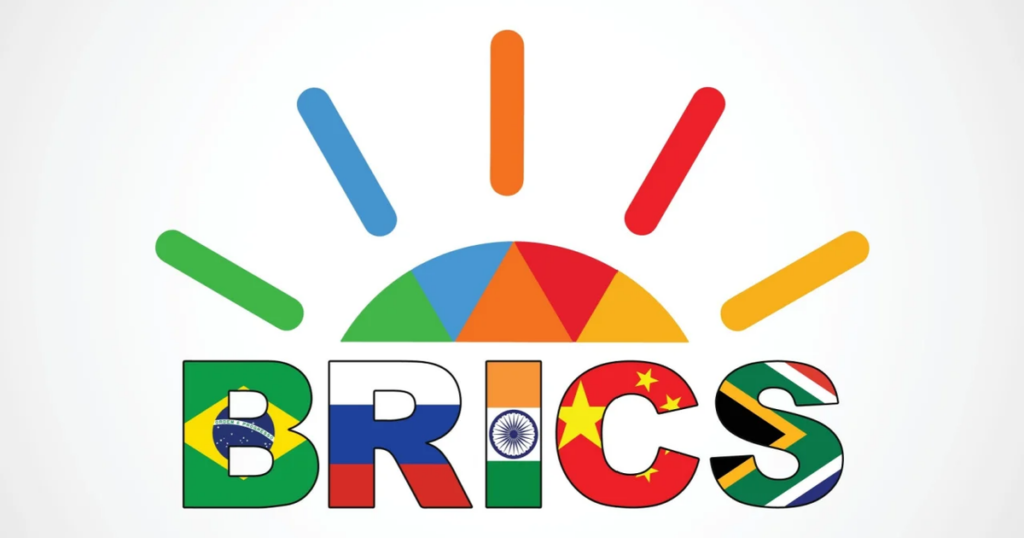Introduction
In 2024, the BRICS nations (Brazil, Russia, India, China, and South Africa) have made significant strides in integrating Ripple’s XRP technology and cryptocurrency regulations into their economies. This comprehensive analysis explores how each BRICS nation is working with or responding to Ripple and XRP, potentially reshaping the global cryptocurrency landscape.
Brazil Recognizes XRP as a Legitimate Digital Asset
In a groundbreaking move, Brazil has officially recognized Ripple’s XRP as a legitimate digital asset in 2024. This decision, marking a first within the BRICS region, is expected to stimulate Brazil’s digital economy and attract foreign investment in the crypto sector.
Russia Partners with Ripple for CBDC Pilot
Russia’s government has partnered with Ripple to pilot its Central Bank Digital Currency (CBDC) on the XRP Ledger. This move positions Russia as a frontrunner in national digital currency issuance utilizing blockchain technology, reinforcing its role among major economies.
India’s Supreme Court Overturns RBI’s Cryptocurrency Ban
India’s Supreme Court recently overturned the Reserve Bank of India’s ban on cryptocurrency transactions, allowing banks to offer crypto-related services. This decision has boosted Ripple and XRP’s reputation in India, given their regulated status and relatively lower volatility.
China’s Cryptocurrency Crackdown Continues
Despite China’s persistent crackdown on cryptocurrency mining and trading, Ripple’s partnerships with Chinese banks for cross-border remittances remain strong. XRP’s advantages in speed, cost, and security make it an appealing option for financial institutions within China.
South Africa Introduces Digital Asset Regulatory Framework
South Africa has rolled out a regulatory framework for digital assets, including XRP, aimed at promoting innovation while protecting investors and curbing money laundering. This framework strengthens the foundation for cryptocurrency growth in the region.
BRICS Blockchain Association Formed to Drive Standardization
The BRICS nations have formed a Blockchain Association focused on adopting and standardizing blockchain technologies across the region. Ripple’s established role in cross-border payments positions it as a vital contributor to this initiative.
Russia and South Africa Sign Blockchain MoU
Russia and South Africa have signed a Memorandum of Understanding to explore joint blockchain and cryptocurrency initiatives. This collaboration opens doors for Ripple to expand its influence in both countries’ blockchain and crypto markets.
BRICS New Development Bank to Issue Digital Bond
The BRICS New Development Bank has announced plans to issue a digital bond on a public blockchain, potentially choosing between Ethereum or Ripple’s XRP Ledger. This digital bond aims to improve efficiency, reduce costs, and broaden access for emerging market investors.
MercadoPago in Brazil Integrates Ripple for Cross-border Payments
Brazilian fintech giant MercadoPago has integrated Ripple’s technology for cross-border transactions, significantly advancing XRP adoption across Latin America and showcasing Ripple’s impact on global payment solutions.
BRICS Summit Highlights Cross-border Payment Solutions
During the 2024 BRICS Summit, leaders from the five nations discussed collaborations on cross-border payment systems. Ripple’s technology was highlighted for its benefits in speed, cost-effectiveness, and security, positioning it as a promising solution for the BRICS bloc.
Conclusion
The BRICS nations’ active engagement with Ripple and XRP reflects their collective commitment to modernizing payment systems, embracing digital assets, and collaborating on blockchain innovations. As the BRICS nations continue to explore these developments, Ripple’s XRP stands at the forefront of these strategic financial transformations.
